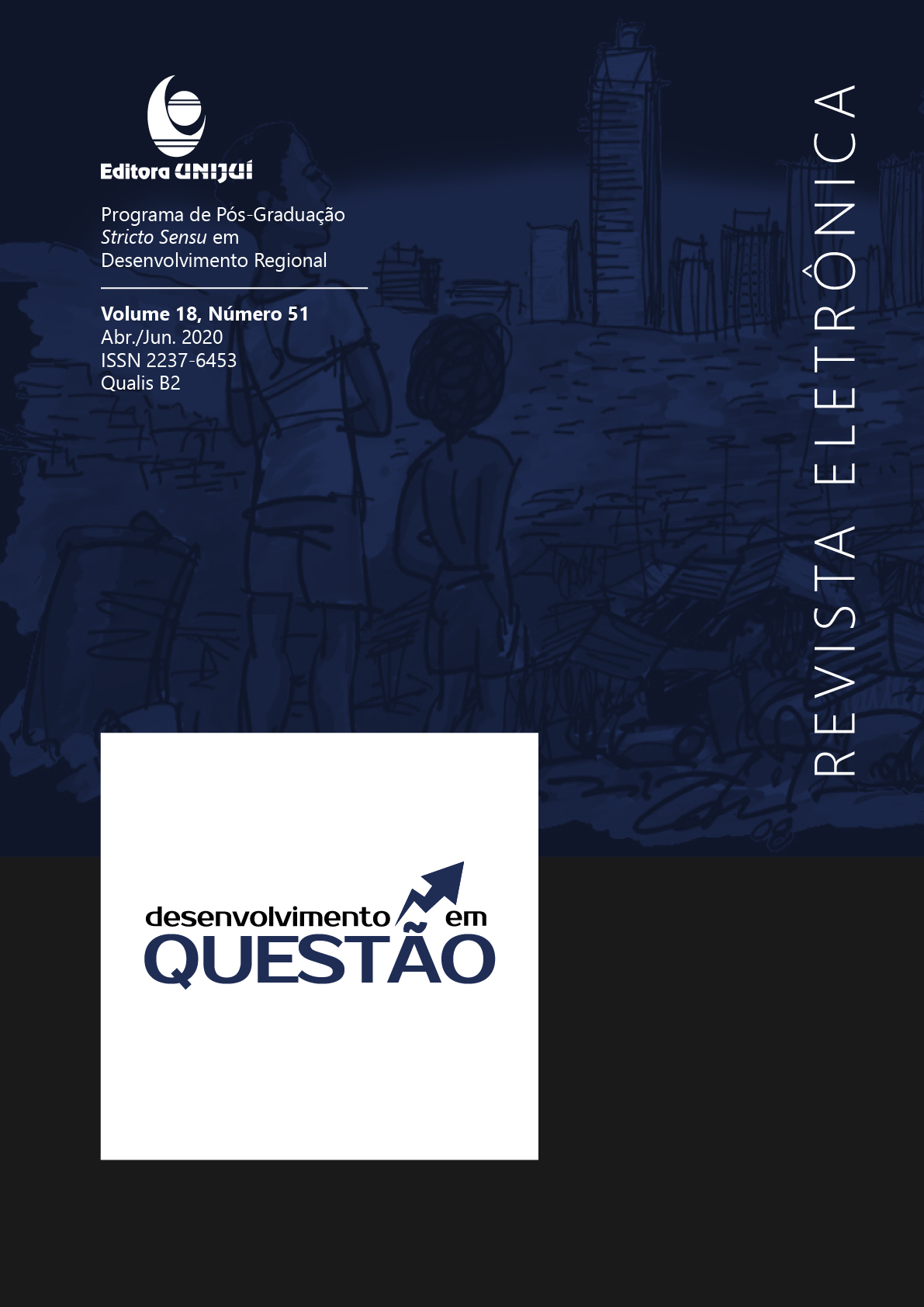COMPARING THE IMPACTS OF THE PERCEPTION OF THE OCCUPATIONAL CALL INTO PUBLIC SERVER'S HEALTH, PERSONAL AND PROFESSIONAL LIVES
DOI:
https://doi.org/10.21527/2237-6453.2020.51.281-296Keywords:
Occupational Call, Public Servers, Brazilian.Abstract
The aim of this paper is to evaluate how different perceptions about that occupational call can impact one’s personal and professional lives and also its psychological health, specifically on the Brazilian socioeconomic context. The sample was divided into three groups: the ones who have an occupational calling and respond to it, the ones who have an unanswered calling and others who doesn’t have an occupational calling. A survey was answered by a sample of 274 participants. Data was analyzed on ANOVA and then a Duncan test was made to put in evidence which groups difference themselves. Part of the results were considered consistent according to the previous Calling literature and the Self-determination theory. However, differently from studies taken place in other contexts, our results point that there were no meaningful differences between the groups which have an unanswered calling and the ones which have no calling at all. The main contribution of this article it to explore a singular context among the existent literature
Downloads
Published
How to Cite
Issue
Section
License
By publishing in Revista Desenvolvimento em Questão, authors agree to the following terms:
All works are published under the Creative Commons Attribution 4.0 International License (CC BY 4.0), which allows:
Sharing — to copy and redistribute the material in any medium or format;
Adaptation — to remix, transform, and build upon the material for any purpose, even commercially.
These permissions are irrevocable, provided that the following terms are respected:
Attribution — authors must be properly credited, a link to the license must be provided, and any changes made must be indicated.
No additional restrictions — no legal or technological measures may be applied that legally restrict others from doing anything the license permits.
Notices:
The license does not apply to elements that are in the public domain or covered by legal exceptions.
The license does not grant all necessary rights for specific uses (e.g., image rights, privacy, or moral rights).
The journal is not responsible for the opinions expressed in the articles, which are the sole responsibility of the authors. The Editor, with the support of the Editorial Board, reserves the right to suggest or request modifications when necessary.
Only original scientific articles presenting research results of interest that have not been previously published or simultaneously submitted to another journal with the same purpose will be accepted.
Mentions of trademarks or specific products are intended solely for identification purposes and do not imply any promotional relationship by the authors or the journal.
License Agreement (for articles published from 2025 onward): Authors retain the copyright to their article and grant Revista Desenvolvimento em Questão the right of first publication.











